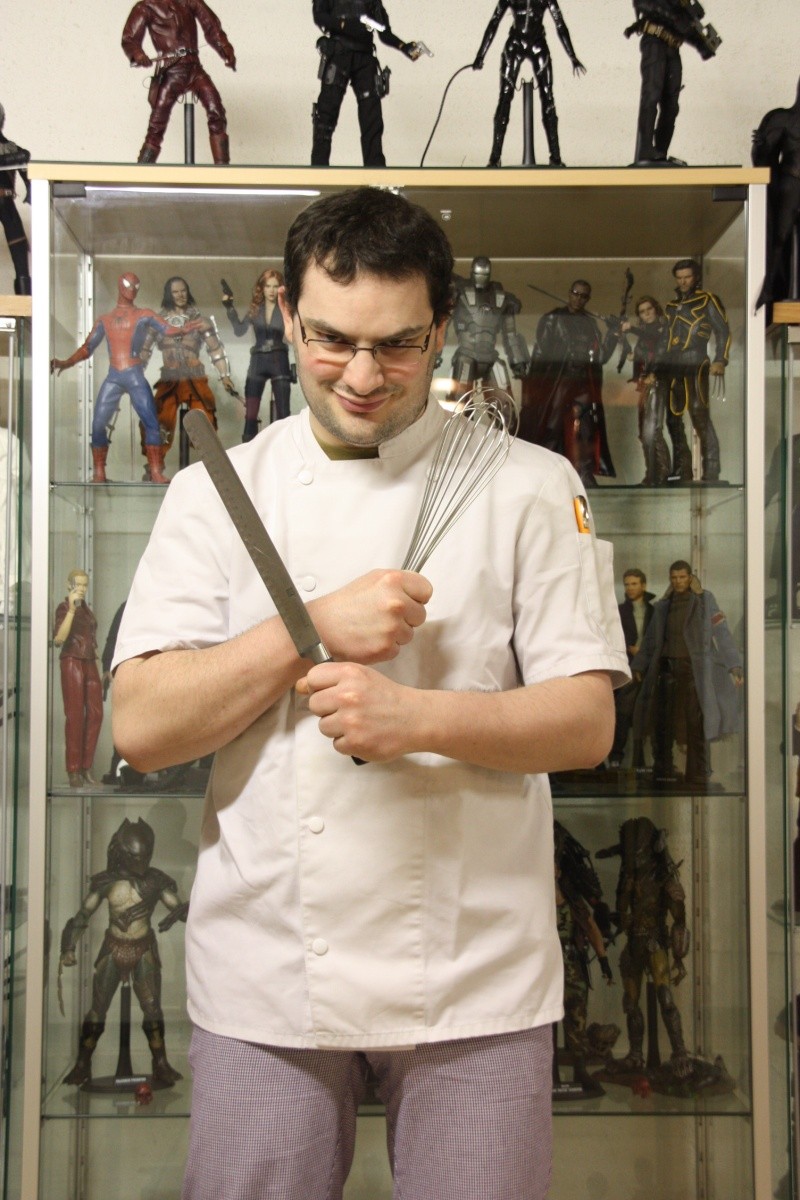I went vegan for health reasons based upon the research I did on health which was largely to avoid cardiovascular disease. Once I learned of the cholesterol issue ans such, I converted. I did not become vegan and then try to find research to support my decision. I researched first and then became vegan after being convinced that it made the most sense to do so.
Which part do you disagree with? To the best of my knowledge, only a number of 150 or lower really guarantees against cardiovascular disease, and the HDL ratio must be higher than the LDL. There are some meat eaters who actually have those numbers. Those meat eaters are rare, but they do exist, whereas if you look at societies, you find that only those with 150 or below as a culture have virtually no heart disease.
By the way, there was a study done on a family with extremely high cholesterol, about 400+ cholesterol, in which people usually dies in their 40's, that started when this girl was in her early teens. In adulthood, she went on a program that raised her alkalinity, which actually brought her cholesterol level down to below 200, with no drugs. Drugs basically didn't work for this family. Their cholesterol was so high, it didn't make a large enough difference to make a significant impact.
Anthony Robbins talked about this in his CD on health in his Get The Edge series.
Acid alkaline balance also has a lot to do with overweight.
More fat in the body acts to buffer acid so it makes people more comfortable to be fat. Once people become more alkaline, they lose weight easily, and it isn't a painful process. It takes 4 parts of alkalinity to neutralize one part of acid, which is why it is so difficult to become less acid.
Here is a link to the first part of the Anthony Robbins program on youtube. Other parts can be accessed from there I think.
https://www.youtube.com/watch?v=qoLYP9F43N0&list=PL0644997F8F056954


















